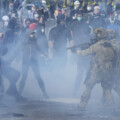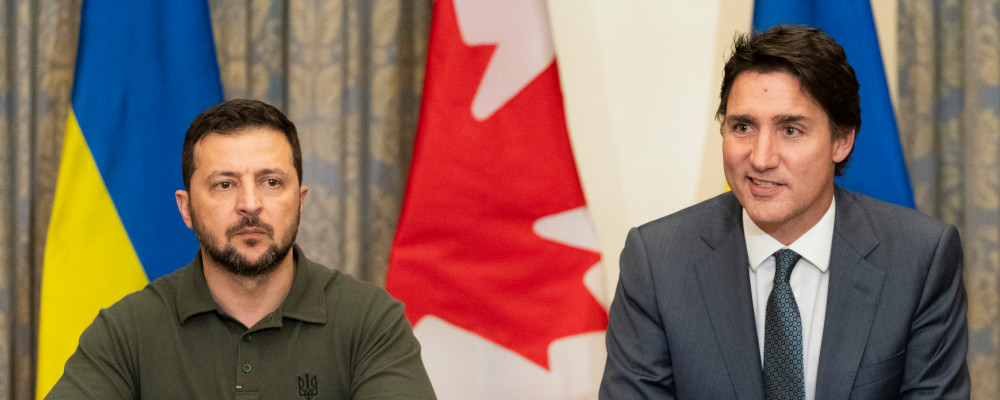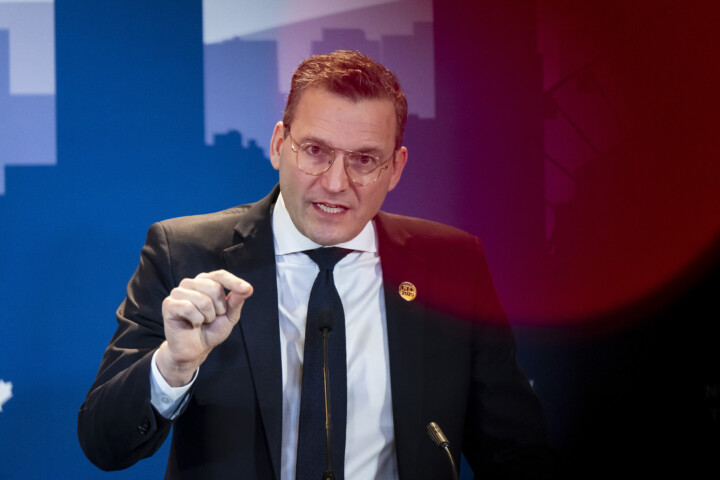Amidst embarrassing delays to Canada’s military equipment shipments to Ukraine, there is a bright light of Canadian leadership in support of Kyiv’s fight against an invading Russia.
Canada is currently one of only three countries—alongside the U.S. and Switzerland—to have drafted legislation to seize Russia’s central bank reserves. Over $400 billion CAD of these assets have been sitting in Western accounts since they were frozen two years ago. Since then, the Russians haven’t been able to access them, but they also haven’t been able to be used for anything else.
Yet even as Canada and other foreign countries confiscated the private assets of Russian oligarchs, Russia’s state assets have remained immune from such seizure.
That’s changing under an amendment to Canadian sanctions law, finally allowing the government to confiscate Russia’s state assets.
Yuliya Ziskina, a senior legal fellow for the pro-Ukraine non-profit Razom Advocacy, who was consulted with by Canadian Senators on the recent amendment to sanctions law, estimates that $25.5 billion CAD lie frozen in either Canadian accounts or those associated with Euroclear Bank in Belgium.

Canada could take this money and give it to Ukraine for liberation or reconstruction. This would prove useful, given that Russia has inflicted more than $650 billion CAD in damage on Ukraine so far and is unlikely to pay reparations for its crimes.
At a time when Western taxpayers are being asked to provide more support for Ukraine amidst the rising cost of living, it’s also unconscionable to leave dirty Russian money on the table.
“Now more than ever the world’s democracies must work together to ensure Ukraine is victorious. And we must ensure the aggressor pays,” says Katherine Cuplinskas, press secretary to Deputy Prime Minister Chrystia Freeland. “Canada has long advocated for unlocking and using Russia’s central bank assets to support Ukraine’s fight against Putin’s war machine and fund the long-term reconstruction.”
Unfortunately, it’s not clear when the Trudeau government intends to actually use this law.
Western government sources say G7 countries—including Canada, the U.S., and the U.K., which are in favour of seizing Russian assets—don’t want to actually do it until all G7 countries agree. Freeland has been busy meeting with her allied counterparts in the background—yet neither she nor Minister of Foreign Affairs Mélanie Joly have had much to say publicly about when Canada will actually use its world-leading law or whether they intend to use it to help convince allies to seize Russian assets within their own borders.
Waiting isn’t helping
The problem with waiting for G7 agreement is that allies like Germany have needed to be consistently pressured and shamed before providing necessary support for Ukraine—whether it was cancelling the Nordstream 2 pipeline just before the full-scale invasion, or finally sending Leopard 2 tanks after months of dithering.
As influential figures from Chancellor Olaf Scholz’s Social Democrats look to “freeze” the conflict, allowing Russia to keep its territorial gains, over 50 experts penned an open letter warning that Scholz’s soft approach to Putin was putting all of Europe in danger.
France and Germany are also reluctant to seize Russian state assets, with German Foreign Minister Annalena Baerbock ruling it out at a recent EU summit, arguing it would violate international law.
If Canada really wants to help Ukraine win, it needs to be willing to make allied laggards look bad. Waiting for G7 agreement before acting will simply allow reluctant European governments to keep putting off decisions to seize Russian assets. Someone has to be bold enough to act first. This time, it needs to be us.
Firstly, given the sorry state of our military equipment, Canadian legislative leadership around assets offers us the best possible shot at helping Ukraine win right now. Canada is also a country that still enjoys an excellent reputation among both European elites and the European public. Given the U.S.’s current reputation in Europe, Europeans are sometimes inclined to dismiss American policy initiatives. Canada’s reputation as a moral leader makes it more difficult to ignore.
Second, waiting is a luxury we don’t have.
“Waiting to make this move risks financially starving Ukraine and risks its ultimate defeat,” says Ziskina. “Ukraine cannot afford to wait. Its survival is at risk.”
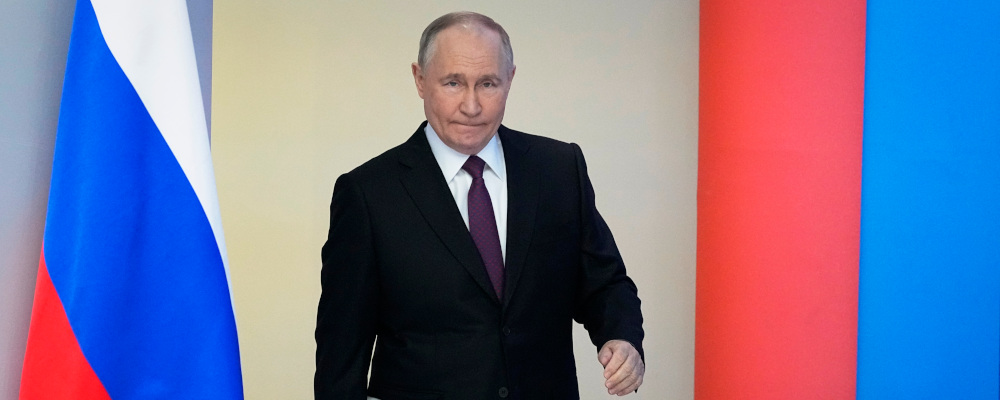
But real Canadian leadership will require diplomatic capital. For that, Canada’s talented diplomats need the political greenlight from the very top.
“The overall direction on this should be coming from [ministers] Freeland and Joly. But neither of them have been very outspoken on Ukraine lately,” says Chris Alexander, Canada’s former minister of citizenship and immigration. He’s also served as a Conservative MP and minister counsellor at the Canadian embassy in Moscow. “Diplomats need a clear expression of political will—a clear statement of purpose (not necessarily public) that says: ‘We are going to get this done,’ then is willing to expend political effort to break logjams when they occur.”
My conversations with Canadian diplomats also leave me concerned that Canadian leaders have yet to give an explicit green light to push allied countries to seize Russian assets.
More than two-thirds of Russia’s frozen central bank reserves sit in Europe. If the Canadian government only intends to seize the Russian assets in its own jurisdiction, without following it up with a diplomatic strategy for convincing our allies to do the same, we will miss a significant opportunity to help Ukraine and demonstrate the global leadership we keep telling ourselves we still have.
It’s time to break with the comfortable habit we have of being a follower. Canada needs to come out of G7 backrooms and make the asset seizure case boldly—in public, and lead by example by going first. We need to not be afraid to lead by acting first. Ukraine—and history—would thank us for it.
Recommended for You

A new playbook for Canada-U.S. relations: How the University of Calgary’s New North America Initiative aims to reshape the continent’s politics
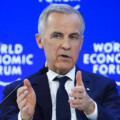
Carney’s dime-store realpolitik makes Canadians feel good—but that’s not enough
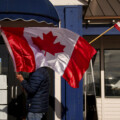
‘We cannot afford to be complacent’: Why Canada needs a radical rethink of North American relations
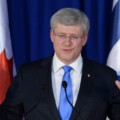
Stephen Harper and the power of principled leadership
